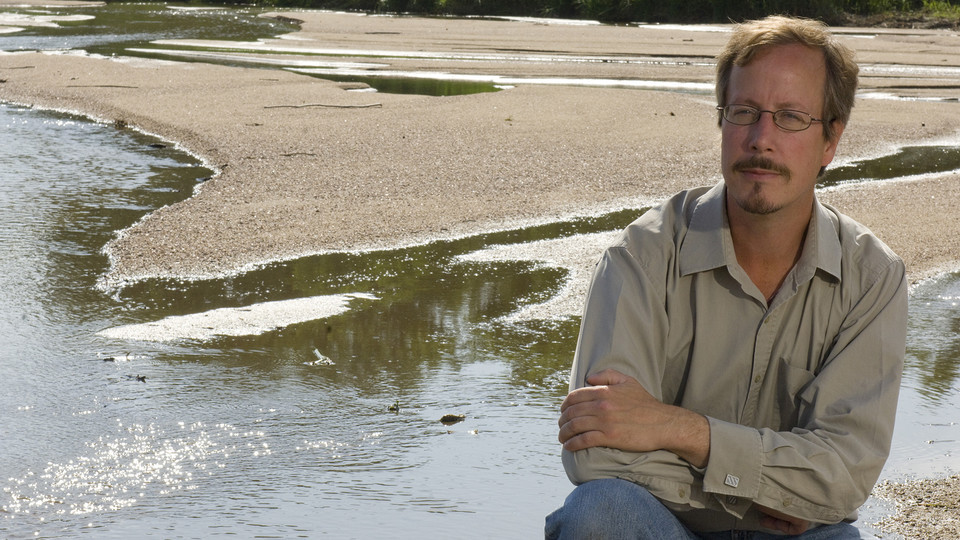
Craig Allen, a University of Nebraska–Lincoln scientist specializing in environmental resilience, will be among the presenters Jan. 17 for an online workshop sponsored by the National Academies of Sciences, Engineering and Medicine.
The workshop will kick off three days of virtual sessions exploring ways to strengthen scientific research and collaboration to address global environmental stresses.
The three-day virtual event, “Tipping Points, Cascading Impacts, and Interacting Risks in the Earth System,” is intended to build on analysis in a recent report from the academies. That report, “Next Generation Earth Systems Science at the National Science Foundation,” calls for increased coordination to boost scientific understanding of major environmental risks around the globe. The foundation is co-sponsoring the three-day workshop.
In presentations Jan. 17, scientists will describe the environmental stresses in specific regions of the United States — the coasts, American West and Arctic. Allen, a professor in the School of Natural Resources, will share information about environmental stresses facing the Great Plains region. Allen also is director of the university’s transdisciplinary Center for Resilience In Agricultural Working Landscapes.
During the three-day workshop, scientists will attempt to identify a range of goals. They include:
Central research questions remaining to be addressed involving biogeophysical and social tipping points, the interacting risks of these tipping points, and their cascading impacts. Relevant historical analysis will be part of such study.
Major barriers to and opportunities for progress in those areas of research.
Region-specific environmental challenges, and transdisciplinary research opportunities to address them.
Advances across the natural, social, computational and engineering sciences to enhance practical understanding on key environmental issues.
Research and collaborative strategies designed to be inclusive and equitable for a diversity of participants and engaged stakeholders.
Interested scientists can register at link.
More details at: https://events.nationalacademies.org/01-17-2023_workshop-on-tipping-points-cascading-impacts-and-interacting-risks-in-the-earth-system